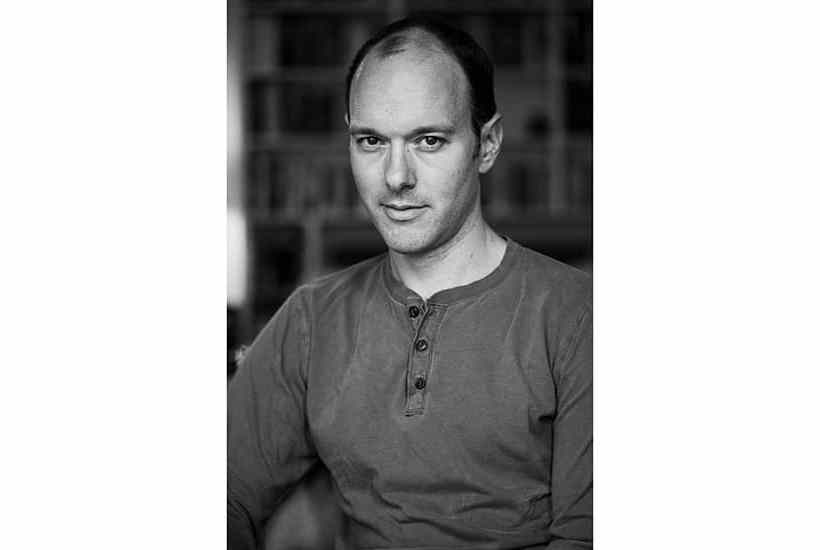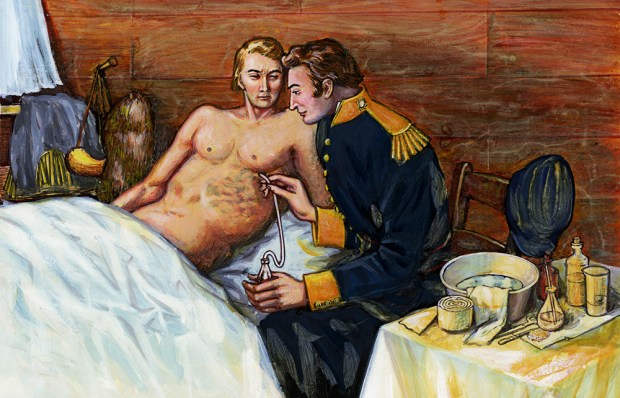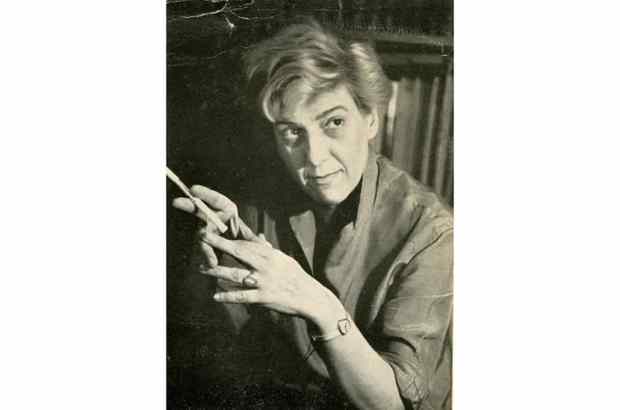The atmospheric medieval town of Rye on the south coast still celebrates being a former haunt of smugglers, and on foggy nights it’s not hard to imagine stealthy figures in the shadows rolling barrels of illicit rum down its cobbled streets. Alex Preston has relocated to nearby Winchelsea, making it the setting for this maritime yarn. But any residual glamour attaching to these tax-averse citizens of Sussex is largely dispelled in a tale with as many moral qualms as thrilling exploits.
Goody Brown recounts the cross-dressing adventures of her youth as the sole female member of the infamous Hawkhurst gang in the 1740s. Rescued from the sea as a baby (her mother was not so lucky), she is adopted by a kindly local couple and brought up in a house named Paradise. Ezekiel Brown and his herbalist wife have more gold than can easily be explained by their outward circumstances, and Paradise sits atop a network of caves and passageways running down to the sea, handy for the local consortium that is storing and transporting contraband from the continent.
Rather than sinister villains, the smugglers are upstanding local men, and Ezekiel’s gold is intended for a larger purpose than just his living expenses. But the moral quagmire Paradise rests on is made clear when Goody witnesses first her father’s involvement in a murder, and then his own bloody dispatch when the conspirators fall out. Along with her handsome older brother Francis, a fellow adoptee and escaped slave, Goody embarks on revenge.
Preston evokes the smells, squeals and squelches of an unsavoury era, with all the creaking hawsers, flapping sails and smoking muskets a fan of the historical genre could wish for. Goody’s voice rings out in vivid slang and jargon: guggling and gules, vulning and buffard, kopstoots and cabotage. Recounting her tale to a male writer friend, she’s sceptical about whether a man could ever fathom a woman’s experience. But Preston’s handling of an extended, gory childbirth scene, a mess of ‘womb-liver’ and ‘womb-cake’ with ‘darker streaks… of muggets and numbles’, is a glorious rebuttal. Beyond the flashing daggers and brooding stares is a tender attention to nature and especially bird life (the author’s previous book celebrated bird-watching).
A classic tale of chase, capture and escape worthy of R.L. Stevenson is given an update by Goody’s constant shape-shifting and non-binary identity, as she floats ‘in the space in between’ male and female, gay and straight: ‘Like many, I suspect,’ she observes — which feels a bit too 21st century, but doesn’t break the spell.
Got something to add? Join the discussion and comment below.
Get 10 issues for just $10
Subscribe to The Spectator Australia today for the next 10 magazine issues, plus full online access, for just $10.
You might disagree with half of it, but you’ll enjoy reading all of it. Try your first month for free, then just $2 a week for the remainder of your first year.














Comments
Don't miss out
Join the conversation with other Spectator Australia readers. Subscribe to leave a comment.
SUBSCRIBEAlready a subscriber? Log in